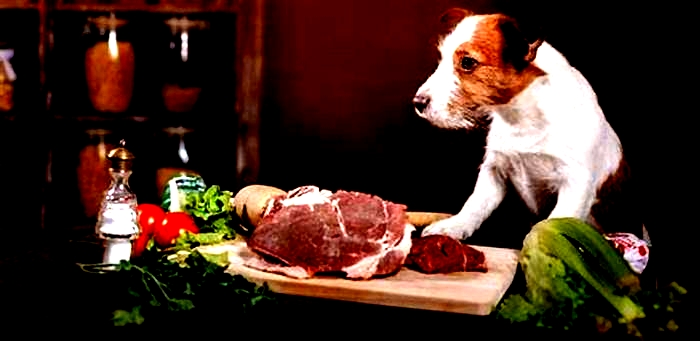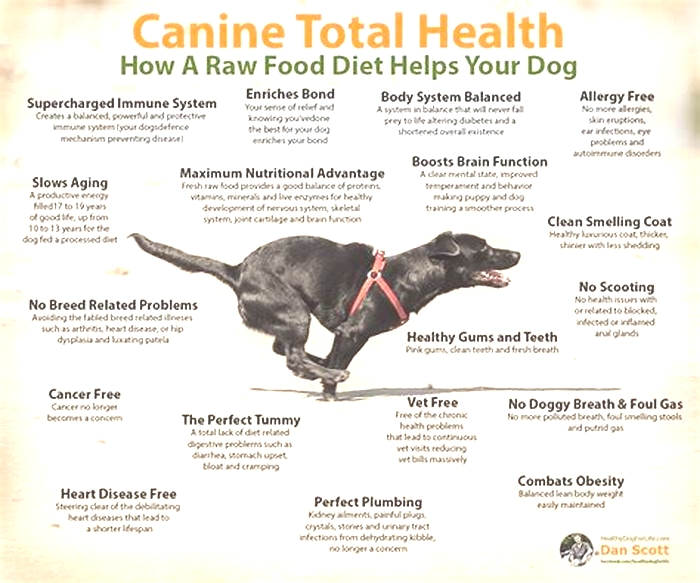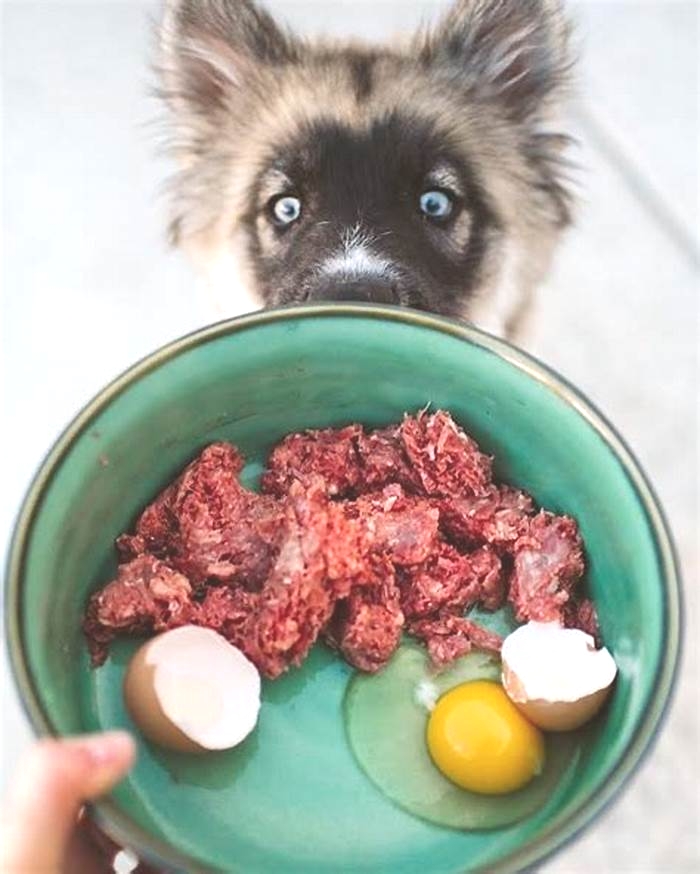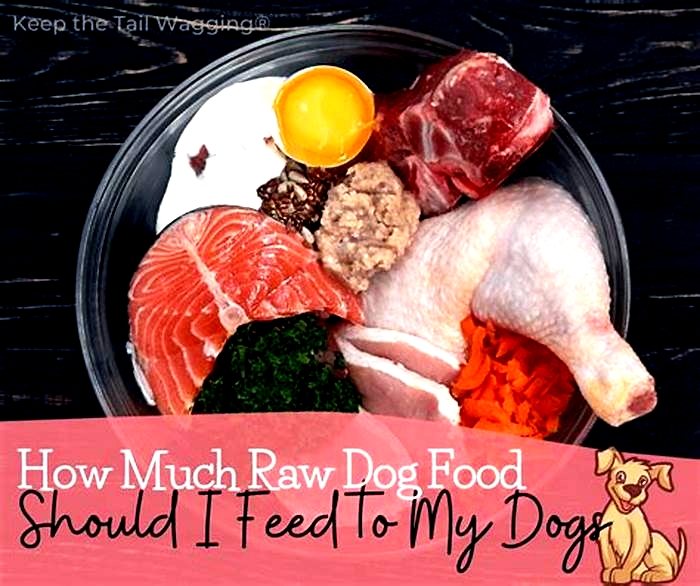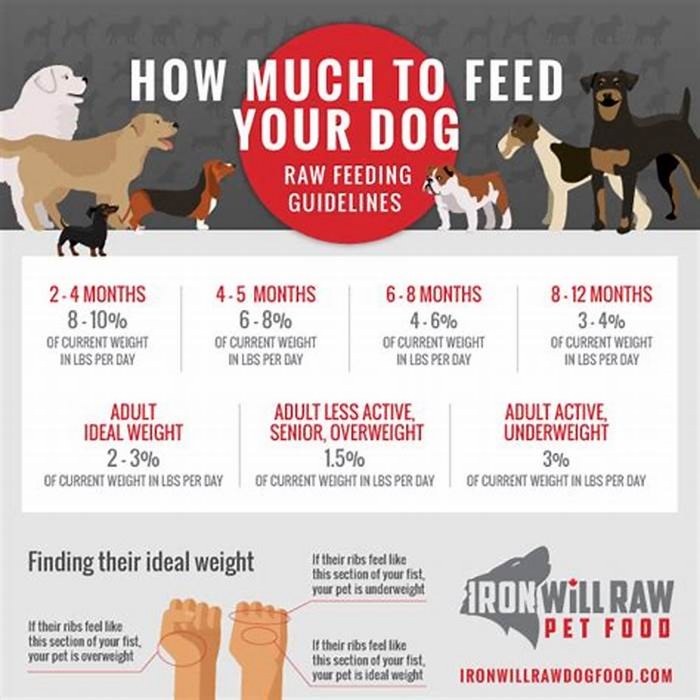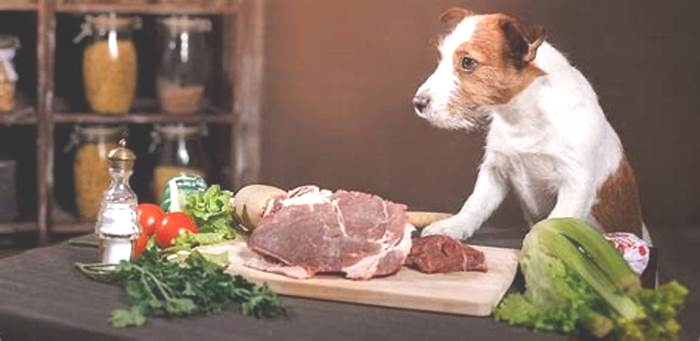What do vegans feed their dogs with
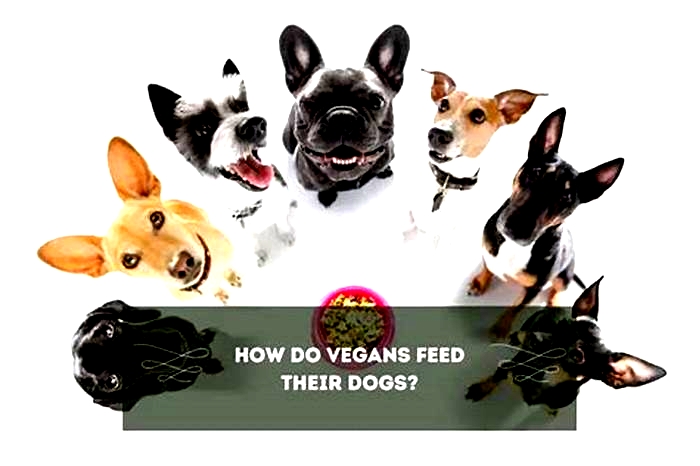
What Do Vegans Feed Their Dogs? Can Vegans Have Dogs?
As veganism becomes more mainstream, many wonders if they can extend their ethical beliefs to their furry companions. Even though some vegans argue that dogs can thrive on a plant-based diet, we all know that dogs are obligate carnivores who require meat to be healthy.
Today Ill be answering some common questions around this topic, like can Vegas have dogs, do Vegans feed their dogs meat, what do Vegans feed their dogs, and how do vegans feed their dogs.
In this article, well explore the ethical considerations, nutritional requirements, and potential benefits & risks of feeding dogs a vegan diet.
Can Vegans Have Dogs?
Yes, vegans can have dogs. In fact, According to a survey by The Vegan Society, over 35% of vegans in the UK have a pet animal, with dogs being the most popular choice. This shows that many vegans believe owning a pet is compatible with their ethical beliefs.
However, a few vegans and people have argued that it is hypocritical to care for a pet that needs a meat-basement-based diet or requires the consumption of other animals.
On the other hand, other vegans argue that owning a dog can greatly reduce suffering by providing a loving home to an animal that might otherwise be mistreated or abandoned.
Do Vegans Feed Their Dogs Meat?
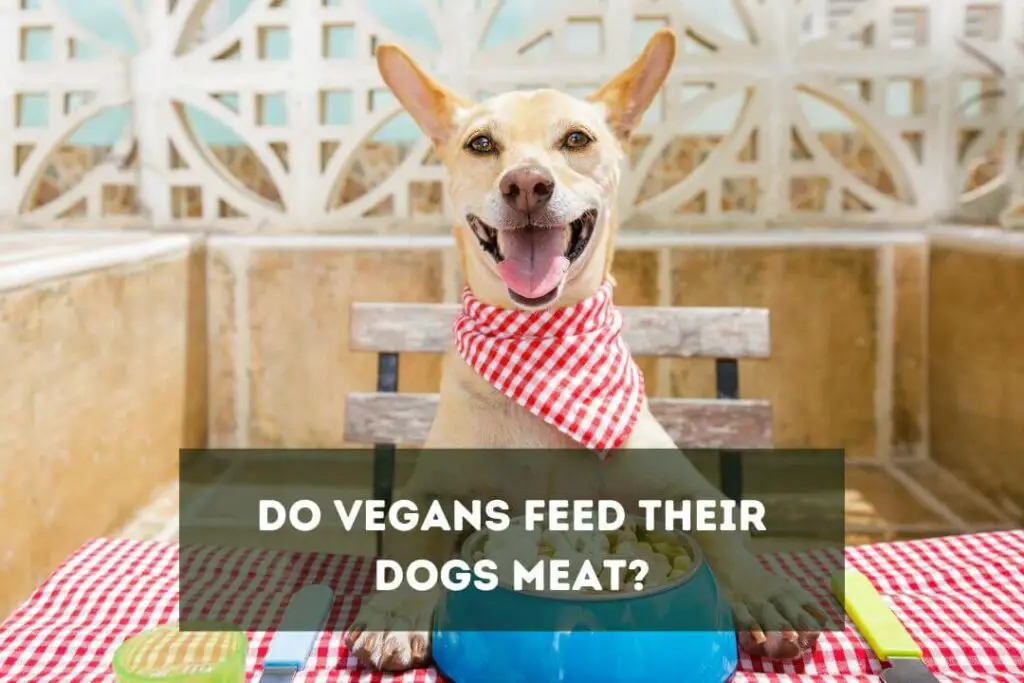
Some Vegas feed their Dogs with meat to keep their pet healthy and driving where, but few sticks to offering plant-based diets.
Even though dogs can be felt a plant-based diet, and it is theoretically possible, the British Veterinary Association does not recommend giving a dog a vegetarian or a vegan diet.
Even though dogs are considered to be omnivorous and can eat plant- and meat-based foods, they require high-quality protein, calcium, Phosphorus, and other essential nutrients directly from meaty foods.
If you are bigger and thinking of providing only plant ways to diet to your dog, you need to be very careful with it. I will advise you to first consult with your veterinarian. Even though it is theoretically possible to feed a plant-based diet to some dog breeds, its better to avoid it altogether.
Without proper nutrition, your dog will be prone to many health conditions and diseases directly impacting its life span. What does it mean to be a vegan if you cant keep a pet healthy or you ruin its longevity due to your belief only?
In the animal kingdom, many predatory animals feed on other animals because they are genetically programmed or evolved to do so. Rather than changing your dogs diet, I recommend you stick with what your veterinarian recommends. The debate surrounding whether dogs can thrive on a meat-free diet is contentious.
As you know, protein is essential for muscle growth & repair, and your dogs will need specific amino acids only found in animal protein.
Therefore, if you are keeping a dog strictly on a plant-based diet because you are a vegan, you need to do better with your pet. Rather than keeping your dog on a vegan diet and hampering its health condition, I will advise you to rehome your pet to a responsible family or owner.
Your dogs trust you and put their complete faith when you feed them. Youre already betraying them if you dont feel the nutrition they need to survive and live the long, healthy life they should. Feeding only plant-based diets to loyal dogs is not generous, as it can quickly make them deficient in nutrients.
However, if you still want to feed your dog a vegan diet, you should choose commercial options instead of making one at home. There are many commercially available vegan dog food to choose from.
These foods are formulated to meet your dogs nutritional needs, and avoid using animal products. Below I am giving you three vegan dog food options to choose from.
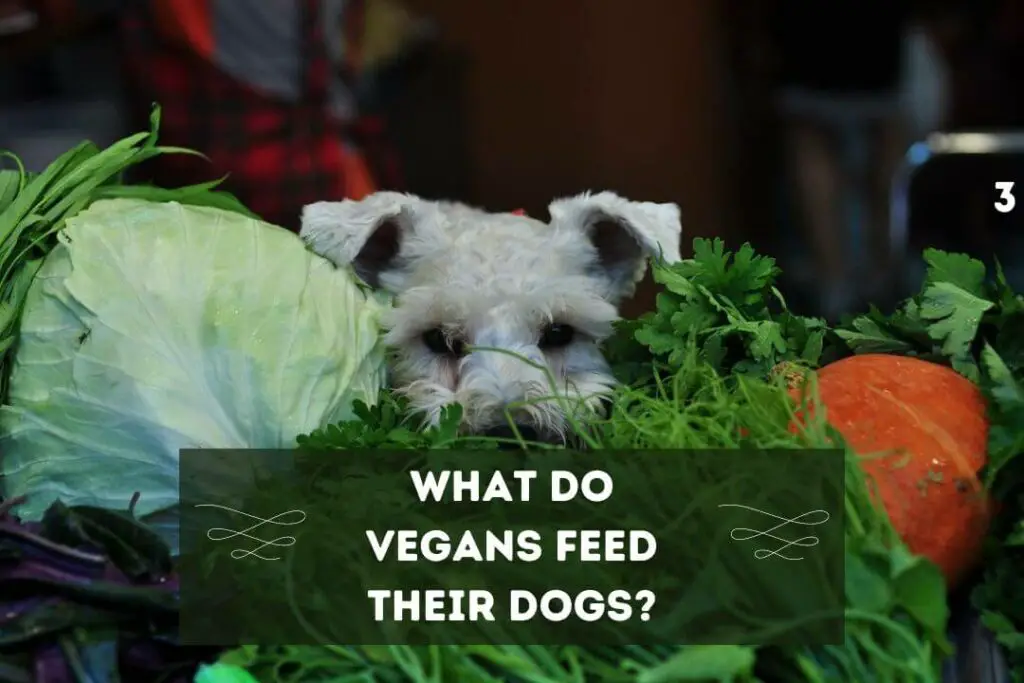
3 Vegan Dog Food Options
- V-Dog
- Halo Vegan Garden Medley
- Natural Balance Vegetarian Formula
If you prefer to make your dog food, plenty of vegan dogs food recipes are available online. However, I will still advise you to first consult with your veterinarian or animal nutritionist to ensure your dogs nutritional needs are met.
5 Protein Sources in Vegan Dog Food
- Soy
- Peas
- Lentils
- Chickpeas
- Quinoa
Even though these protein sources can provide your dogs with the amino acids they need, you must use the right amounts in combination with other protein sources to provide a complete protein source for dogs.
How Do Vegans Feed Their Dogs?
If youre considering feeding your dog a vegan diet, I will first advise you to research and consult with a veterinarian or animal nutritionist. As I told you earlier, feeding your dog a vegan diet requires careful attention to ensure they receive all the necessary nutrients.
If youre transitioning your dog to a vegan diet, its important to do so gradually to avoid digestive upset. Its better to start by adding small amounts of vegan dog food to their regular food while gradually increasing it over several weeks.
You must always monitor your dogs health and well-being when eating a vegan diet. If you notice any signs of nutrient deficiencies or health problems, consult a veterinarian to ensure the dogs nutritional needs are met.
Is Veganism Good for Dogs?
The potential benefits & risks of feeding dogs a vegan diet are debated. Ive learned about a few proponents of veganism arguing that a vegan diet can benefit dogs by reducing their risk of health problems associated with meat consumption, like obesity and heart disease.
On the other hand, rest vegans argue that a plant-based diet can harm a dogs health if it is not properly formulated and monitored. Dogs are designed for hunting and preying on animals, especially small ones.
Therefore your pet dog also needs some specific nutrients that are only available in animal protein, and feeding them a diet that does not meet their nutritional needs can lead to health problems.
Nutritional Requirements for Dogs
I hope that you know about the dogs nutritional requirements. All types of pets, including dogs, require a balanced diet with protein, fat, carbohydrate, vitamins, and minerals.
When you are feeding a dog event diet, it is important to check whether your dog is receiving all the essential nutrients they need to be healthy. According to the petMD, dogs require a minimum of 18% protein.
This protein should come from high-quality sources, such as animal protein or, as you like, plant-based protein that is easily digestible. It would be best if you considered adding high-quality lean protein sources that contain all of the essential amino acids that dogs require.
FAQs
Can Dogs Survive On A Vegan Diet?
Yes, some dogs may be able to thrive on a vegan diet, but their lifespan is likely to be reduced. To ensure your dogs nutritional needs are being met, it is recommended to consult with a veterinarian or animal nutritionist before making any dietary changes.
Are Vegan Dog Foods Nutritionally Complete?
Some commercially available vegan dog foods are nutritionally complete, while others may require additional supplementation. Therefore if you are considering offering a vegan diet to your dogs, I suggest you choose the commercial one rather than preparing it at home. Also, Its important that you carefully read the label & consult with a veterinarian.
Is It Ethical To Feed A Dog A Vegan Diet?
Trust me, the ethics of feeding a dog a vegan diet are a topic of debate. Some argue that denying a dog its natural diet is unethical. In contrast, others argue that it is ethical to reduce the suffering of other animals by feeding dogs a vegan diet.
Conclusion
I hope I have given you all the information you need to know about feeding your dog a vegan diet. Even though it is a personal choice that requires careful consideration and research, I advise you to avoid it altogether.
Even though some dogs may be able to thrive on a plant-based diet, others may require meat in their diet to be healthy. If youre considering feeding your dog a vegan diet, you should first consult with your/nearest veterinarian or an animal nutritionist to ensure your dogs nutritional needs are met.
If you find this article helpful, then consider sharing it. Your share will make vegans aware of the risk of feeding their dogs a plant-based diet and the importance of meats best protein for their health.
What Should Vegetarians and Vegans Feed Their Pets?
Source: Photo by /123RF
I was once accused of picking up unwanted kittens from my local animal shelter and feeding them to my sons baby boa constrictor. The charge, of course, was preposterous. But as I wrote in a commentary in The American Psychologist, it got me thinking about ethical implications of what we feed our pets.
Take, for example, the relative moral calculus of having a pet cat versus a pet snake. Most authorities agree that cats are obligate carnivores that need to consume some animal flesh to thrive. Even dried cat food contains processed meat. If my cat Tilly eats only three ounces of meat a day, she will consume 70 pounds of flesh over the course of a year. By comparison, Sam, my sons boa constrictor ate only one mouse a week. As the average mouse weighs only half an ounce, this translates into slightly less than two pounds of mouse meat a year. Hence the moral burden of owning a cat is roughly 30 times greater than that of living with a pet snake.
The Vegetarians Dilemma
I dont have any angst about living with a cat, but my vegan friend Lisa who owns two cats does. She is not alone. The psychologist Hank Rothgerber found that morally motivated vegetarians and vegans who owned pets, particularly cats, often feel guilty about the diets of their companion animals. He calls the conflict that comes with loving a pet that eats meat the vegetarian's dilemma.
Lisa, of course, would love to feed her pets a vegan diet. But even though meatless cat and dog foods are available (see here), she is not convinced her pets would thrive if they did not consume some animal protein. A recent study in the journal PLOS One (full text here) explored the degree to which pet owners like Lisa try to resolve the vegetarians dilemma by feeding their companion animals plant-based diets.
A team of researchers from the University of Guelph in Canada surveyed 3,673 dog and cat owners about their pets' diets. They recruited the participants through social media sites for animal enthusiasts and pet owners and breeders. As is usually the case with surveys of pet owners, most of the respondents were women, and the bulk of them was from the United States, the UK, Australia, and New Zealand. The researchers were primarily interested in the pet-feeding practices and preferences of omnivores, vegetarians, and vegans. Eighty-four percent of the participants were omnivores, 5.8 percent were vegans, 6.2 percent were vegetarians, and 4 percent ate fish but no other meat (pescatarians).
What Do People Feed Their Pets?
Source: Graph by Hal Herzog
The researchers obtained information on the diets of 2,940 dogs and 1,542 cats. Ninety-seven percent of the dogs and 99 percent of the cats ate food that contained some form of meat. As you can see in this graph, all the omnivores and pescatarians and nearly all of the vegetarians fed meat-based foods to their pets. Conversely, 10 percent of the vegan cat owners and 30 percent of vegan dog owners raised their companion animals on completely plant-based pet foods. (With the exception of one vegetarian, only vegans in the sample maintained their pets on completely meatless diets.)
What Would People Prefer to Feed Their Pets?
Source: Graph by Hal Herzog
The researchers asked owners what they would prefer to feed their pets if there were healthy alternatives to meat-based dog and cat foods. Three-fourths of vegan pet owners were enthusiastic about plant-based pet foods compared to half of the vegetarians in the study. While a third of the vegans said they presently fed their pets exclusively on plant-based food, 78% of them indicated they would shift their dogs and cats to a vegan diet if they were convinced it would meet their dietary needs. (Not surprisingly, only 20 percent of omnivores said they would like their pets to become vegans.)
Concerns About Meat-Based Pet Food
Source: Graph by Hal Herzog
The participants were also asked about their concerns with both vegan and meat-based pet foods. Among all the participants, the most common concern about meat-based pet food was farm animal welfare (39 percent of participants). Naturally, more vegans and vegetarians were concerned about feeding their pets meat-based food than were omnivores. Indeed, most of the omnivores did not have any concerns about feeding pets meat-based foods, while the vegans had more concerns about meat-based diets than either vegetarians or the omnivores.
Concerns About Vegan Pet Food
Source: Graph by Hal Herzog
Ninety-one percent of the participants had at least one concern about plant-based pet foods. While most vegan pet owners did not have concerns about plant-based pet foods, the other groups did. For example, 70 percent of vegetarians and omnivores were concerned that it was unnatural for dogs and cats to live on a vegan diet. And over half of them thought a vegan diet would be unhealthy for their pets. As you would expect, cat owners were more concerned about vegan pet foods than were dog owners.
Is There a Future for Vegan Pet Food?
The researchers concluded that even if a nutritionally viable plant-based option were available, most dog and cat owners would not make their pets go vegan. However, they point out that there is a potentially large market for plant-based pet chow. For example, as many as 20 million vegetarian and vegan pet owners live in the U.S. If the results of this study apply broadly, and if the health concerns about meat-less pet food can be alleviated, this means that roughly 10 million American dog and cat owners might be interested in giving vegan pet chow a try.
Stay tuned.




